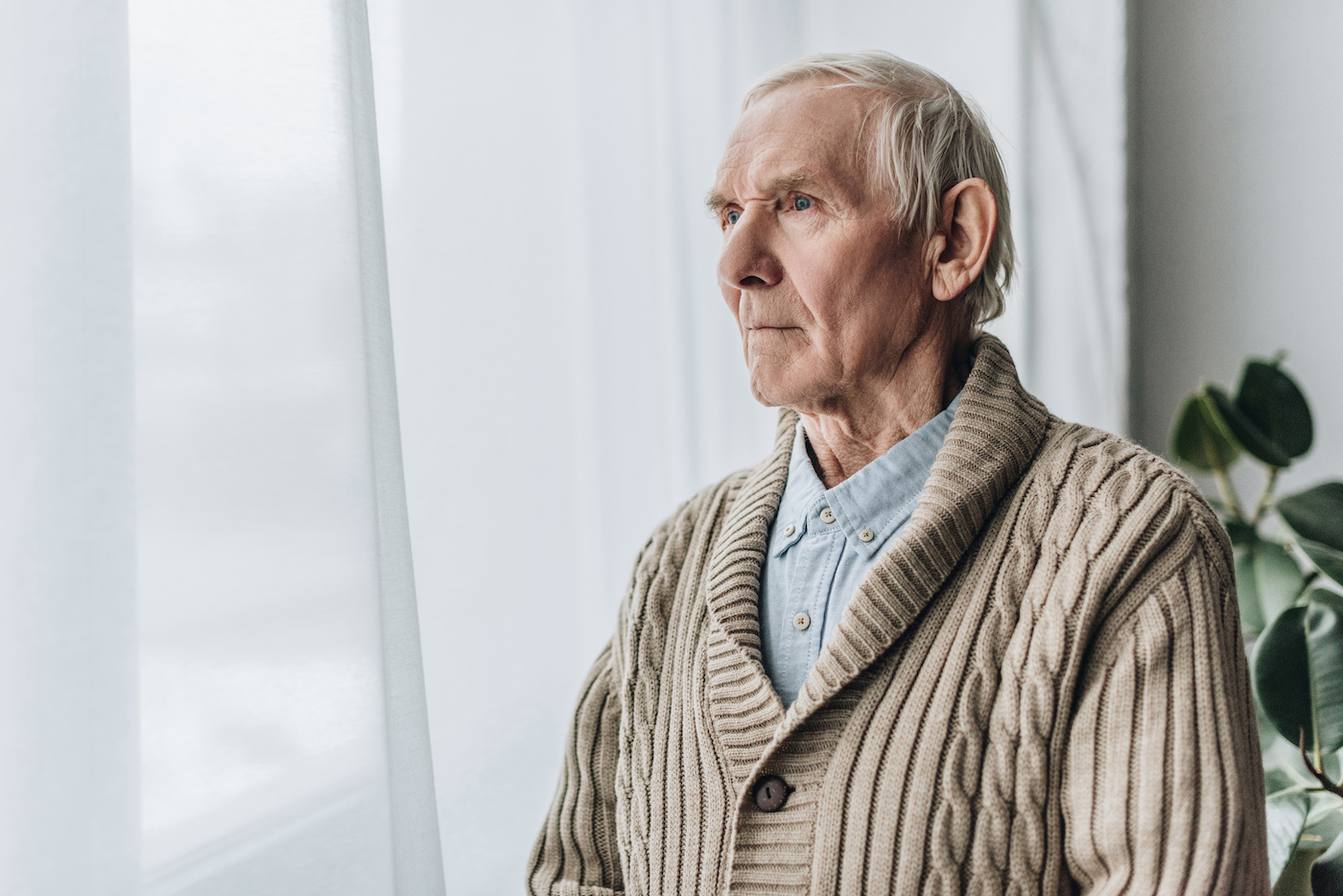
‘To have a parent diagnosed with dementia is to lose your grip on the world’, said Sandeep (45, M) whose father, Dinesh (65, M), was given the diagnosis in early 2017. His sisters, Priya (42, F) and Sheila (52, F) agreed and told us how their father, a retired accountant, had been a pillar of strength in the family when their mother passed away in 2014 after a cardiac arrest.
Until the siblings grew concerned over frequent lapses in his memory and forgetfulness, Dinesh had always been the most attentive of fathers. His retirement years were filled with his old passion for gardening and photography, and he never missed small occasions such as his grandson’s first school play and his granddaughter’s piano recital at the City Hall. Even after his wife passed away and he had to depend on a cook for his meals, Dinesh was mostly a bright, optimistic person who looked for the silver lining in each stormcloud and was always ready to lend his children a non-judgemental ear.
Dementia is a disease that entails progressive cognitive deterioration. In effect, that could mean memory loss, confusion, disorientation, difficulties in communication, disturbed sleep, and myriad personality changes
His illness changed most of this, of course, and turned Dinesh into a “patient” over the course of 2 long years.
Dementia is a disease that entails progressive cognitive deterioration. In effect, that could mean memory loss, confusion, disorientation, difficulties in communication, disturbed sleep, and myriad personality changes. An accountant with more than 30 years of work experience, Dinesh began having trouble counting his change at the nearby grocery store, his children would have to go looking for him when he got late returning from his evening walk because he could not spot his street for almost an hour, and he would often confuse the names of his daughters with their mother’s name. Everything made sense when he was diagnosed with dementia, except the question that faced the siblings: what happens now?
Sandeep, Priya, and Sheila all had full-time jobs along with the usual family and financial responsibilities. Sandeep and Priya each had two kids in school while Sheila’s daughter was scheduled to begin college a couple of months after they learned about Dinesh’s condition.
‘We were not at all prepared because Papa was always so independent’, Sheila explained, ‘and it never came up in any conversation that we would have to take long-term care of him at some point’.
‘That wasn’t very smart, in hindsight, of course’, Priya adds, ‘we should have planned better…especially when he was living alone after Mummy.’
Their initial shock and lack of preparedness also resulted in a serious misstep that could have been avoided.
As Dinesh’s situation worsened and it became clear that someone would have to stay with him at all times, the siblings began arguing amongst themselves as to who would be best suited for the task.
They all loved their father and no one was coming from a place of ill intentions, but their personal obligations made it difficult for anyone to volunteer 24/7 dedicated caregiving. When they argued amongst themselves as to who should stay with Dinesh, they realized that none of them had better reasons than the other two. Ultimately, they decided that the most judicious thing to do would be to divide the caregiving duties amongst themselves equally. Each sibling would stay with the father in shifts of 2 days per week, making sure that all of them had ample time to take care of their individual work and families. It seemed like a good idea at the time and Dinesh also did not object to the arrangement when it was explained to him.
His cognitive function, however, kept declining week after week despite the utmost efforts on the part of his children and the doctors attending him.
‘He was more irritable than ever whenever we came to stay with him after a couple of weeks’, says Sandeep, explaining how his father expressed an inability to adapt to the caregiving program they had come up with.
It got so bad eventually that Dinesh was unable to distinguish between Sheila and Priya, and he would become highly agitated whenever Sandeep came home to replace either of them. The siblings began to realize that the lack of consistency in Dinesh’s life due to their constant moving in and out of his life was having an adverse effect on his health. His doctor was also of the same opinion. This realization, however, was regrettably late and Dinesh passed away (after catching pneumonia) merely 2 years after receiving his diagnosis.
In hindsight, Sandeep, Priya, and Sheila agree that a better way to care for their father would have been for one of them to stay with him for a longer period of time while the other two could have provided support in other ways. It would have helped their father adapt much better to his condition and he would probably have led an easier (and perhaps even a longer) life.
While they cannot do anything to change the past, Dinesh’s children would advise any family with someone suffering from dementia to give due importance to the patient’s need for consistency and familiarity in caregiving. They hope that others would learn from the lapse in their judgment, and do better by their loved ones.

